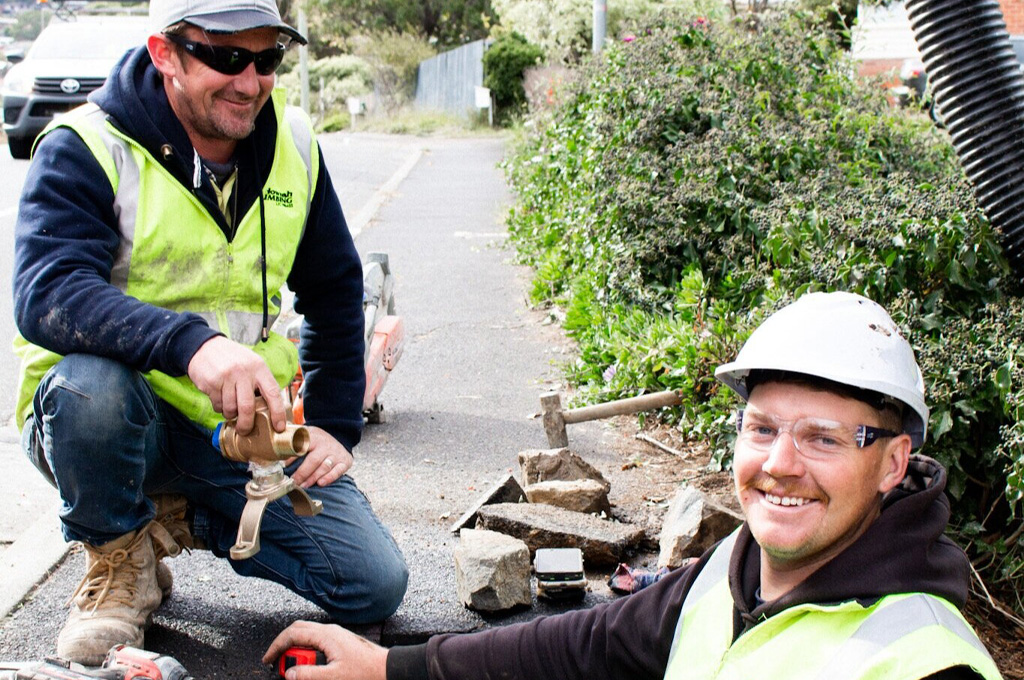
Environmental impact of outdated plumbing systems
Posted by on 2024-10-17
Outdated plumbing systems can have a significant impact on the environment in various ways. These systems were often installed many years ago and may not be as efficient or environmentally friendly as modern plumbing systems. One of the main issues with outdated plumbing systems is water wastage. Leaky pipes and fixtures can result in gallons of water being wasted every day, which not only puts a strain on our water resources but also increases water bills for households.
Furthermore, outdated plumbing systems may not be equipped to handle modern water-saving fixtures such as low-flow toilets and showerheads. This means that more water is being used than necessary, contributing to higher levels of water consumption and putting additional stress on our already limited water supply.
In addition to water wastage, outdated plumbing systems can also contribute to pollution. Corroded pipes can leach harmful chemicals into the water supply, contaminating both drinking water and natural bodies of water. This pollution can have serious health implications for both humans and wildlife.
Moreover, outdated plumbing systems may not be equipped to handle wastewater in an efficient manner. Inadequate sewage treatment can lead to untreated wastewater being released into rivers and oceans, causing harm to aquatic ecosystems and potentially spreading diseases.
Overall, the environmental impact of outdated plumbing systems is significant. By upgrading to more modern and efficient plumbing systems, we can reduce water wastage, prevent pollution, and protect our precious natural resources for future generations. It is important for homeowners and businesses to invest in updating their plumbing infrastructure to minimize their environmental footprint.